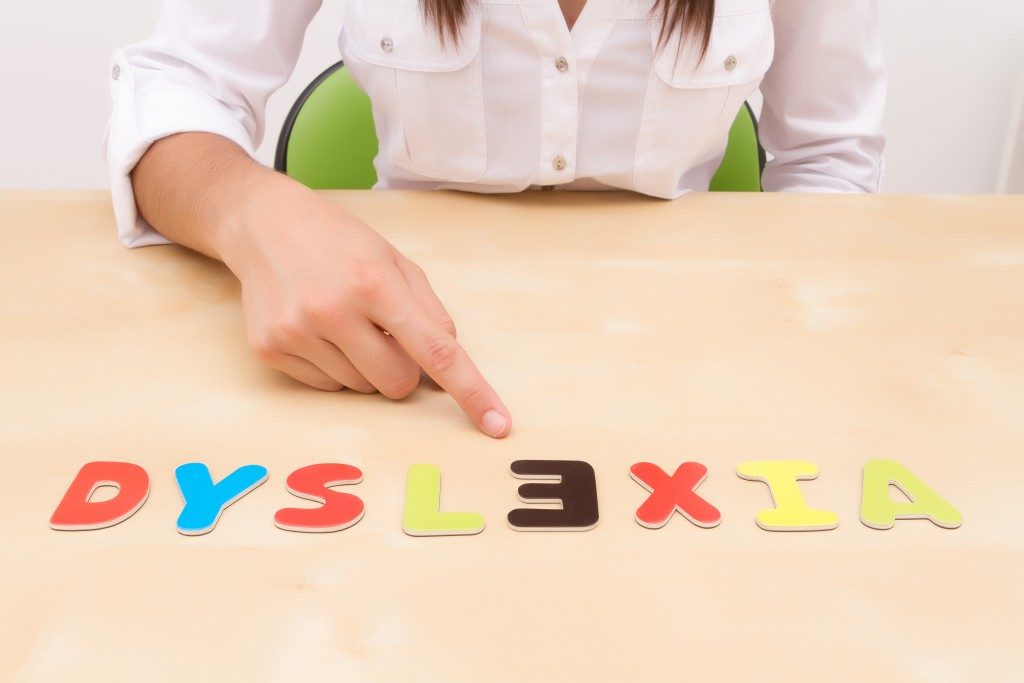Children go to school to learn new concepts and skills, which they will, later on, apply outside the classroom. There are some learning and developmental disabilities, however, which prevent kids from being able to fully grasp or absorb what is being taught to them.
These conditions, one of which is dyslexia, is prevalent around the globe and is a subject of continuous research among psychologists, teachers, and special educators. According to the Dyslexia Center of Utah, 20% of the American population is affected by this learning disability.
People with dyslexia have difficulty processing words and numbers. So, they find it hard to read, write, spell, hear, and speak out words (for example, hearing “tac” instead of “cat”). This consequently affects their learning, as they end up mixing up some words. It can be diagnosed early in childhood.
Management and Intervention
Dyslexia is a condition and not a disease, which means it can be managed. Before you panic and file for disability insurance claims, there are many institutions in Salt Lake City that provide assistance, such as the Utah State Division of Services for the Blind and Visually Impaired (DSBVI) and Division of Services for People with Disabilities (DSPD).
As a learning disability, it can be managed with the help of a trained academic or educational therapist, a psychologist, or a pediatrician. With your cooperation with these experts, you can develop strategies for the specific needs of your child with dyslexia.
Federal laws entitle kids with special learning disabilities help in schools using special instructions, such as more time for doing homework and assistance in other classroom activities. Coordination and cooperation among parents, experts, and children with disabilities should not be limited to the classroom setting, as well.
Your Role as a Parent

Upon diagnosis, children with reading disabilities should be supported and motivated by parents through activities that do not necessarily involve reading. You have to take note that these conditions will have an effect on kids’ well-being and self-esteem. Letting them know that you are by their side is critical.
In addition to support, you can help your kid cope better by making them understand that their disability is not their fault. To supplement this, make sure your home is conducive to learning. Encourage reading at home. Show that reading is an enjoyable thing to do. Provide little distraction. Make sure your child maintains a healthy diet and gets enough rest.
Like other learning disabilities, the symptoms of dyslexia can vary from person to person, which means that frequent communication with teachers and other experts is vital to monitor your child’s progress and stay on track. You can also find support groups with parents facing similar circumstances.
While there are many cases of dyslexia and other learning disabilities, it is imperative that you understand your child’s unique symptoms. Also, provide the necessary atmosphere of love, learning, and support in your home. And do not forget that constant communication with their teachers and the experts is critical for your child’s progress.



